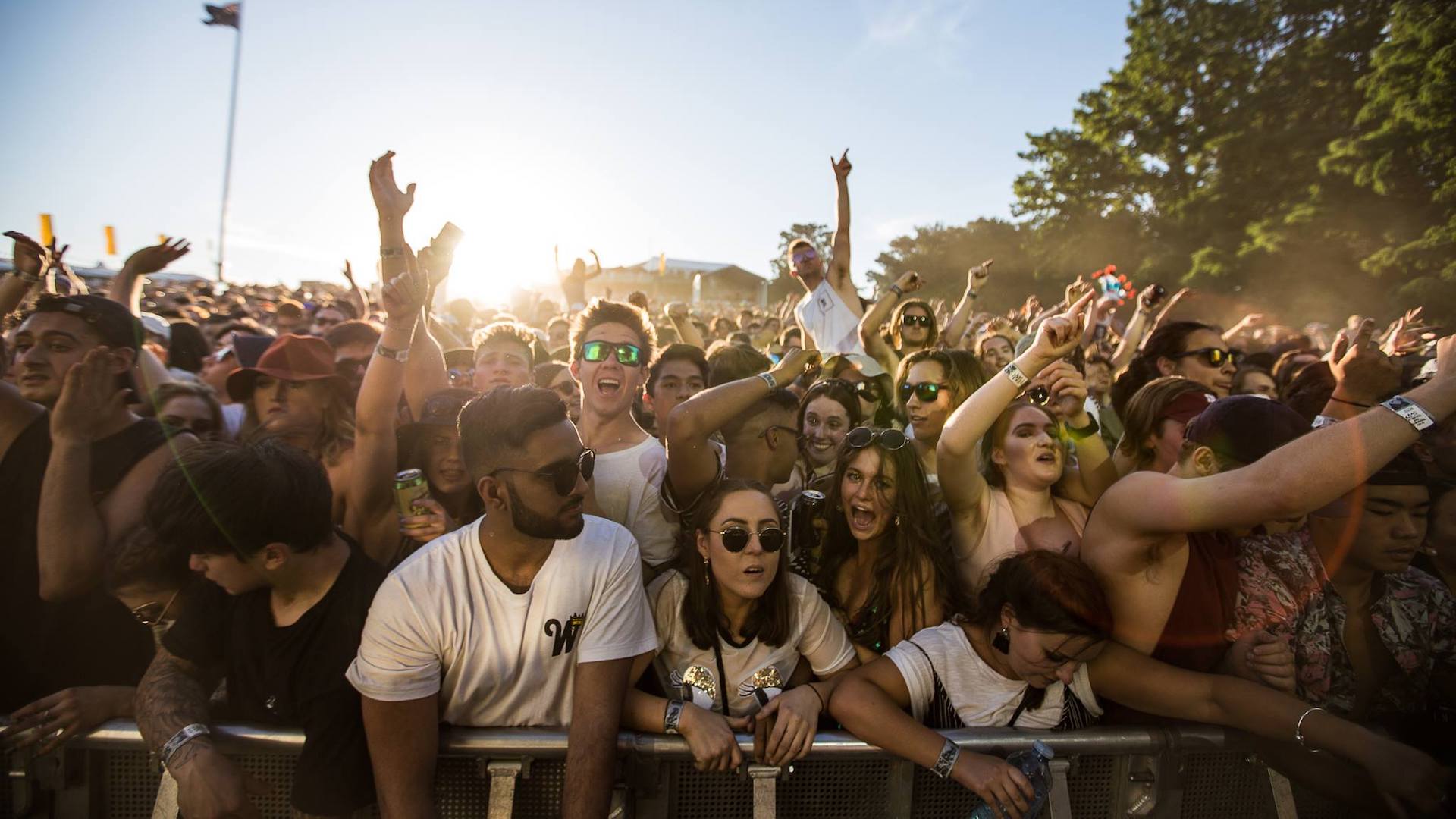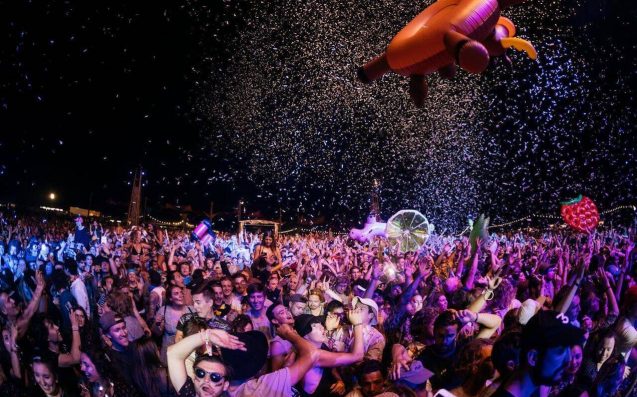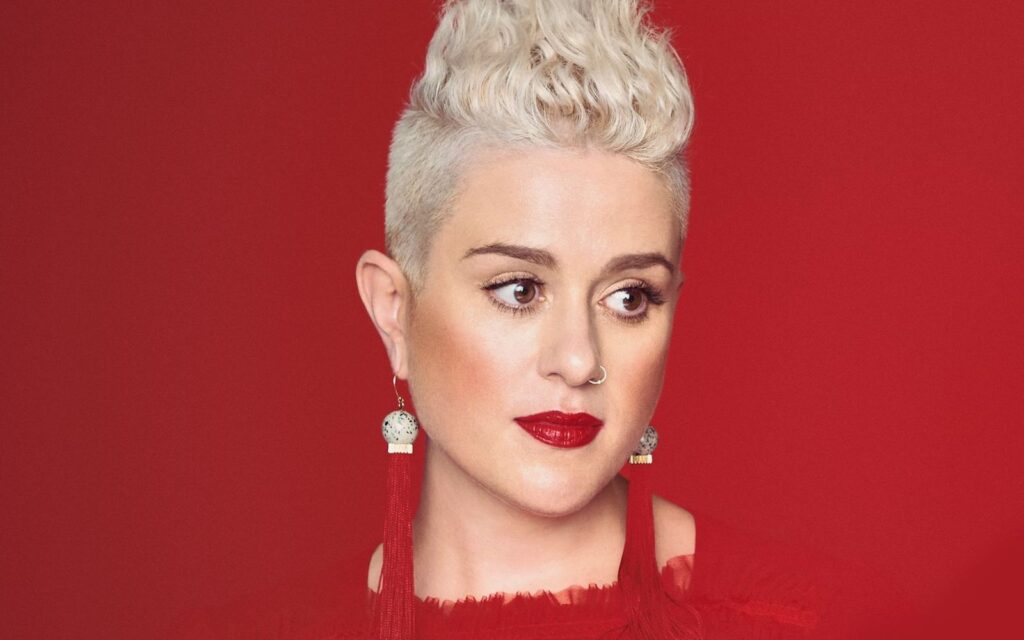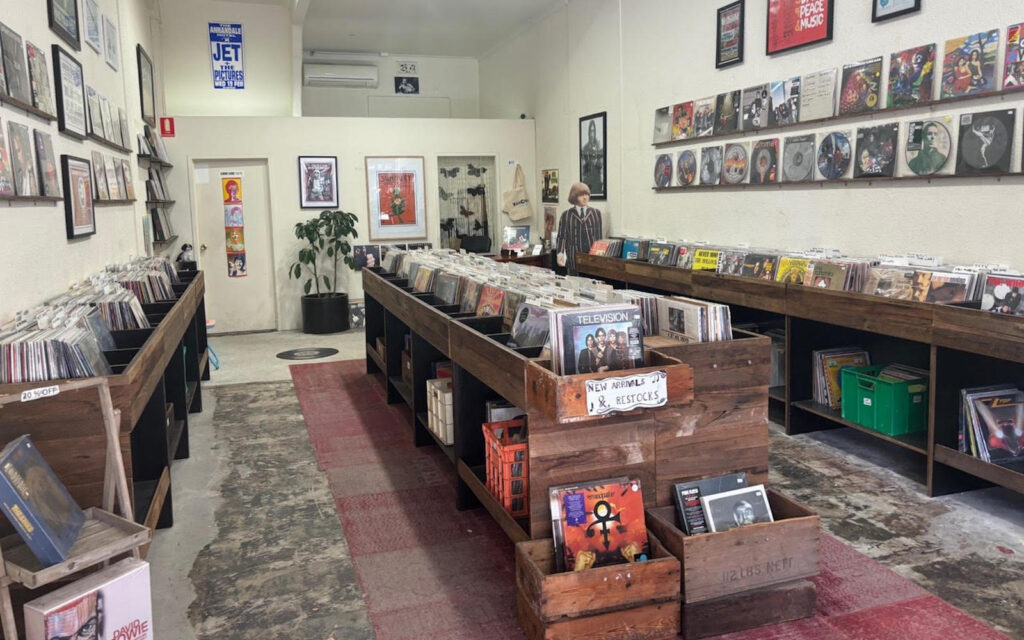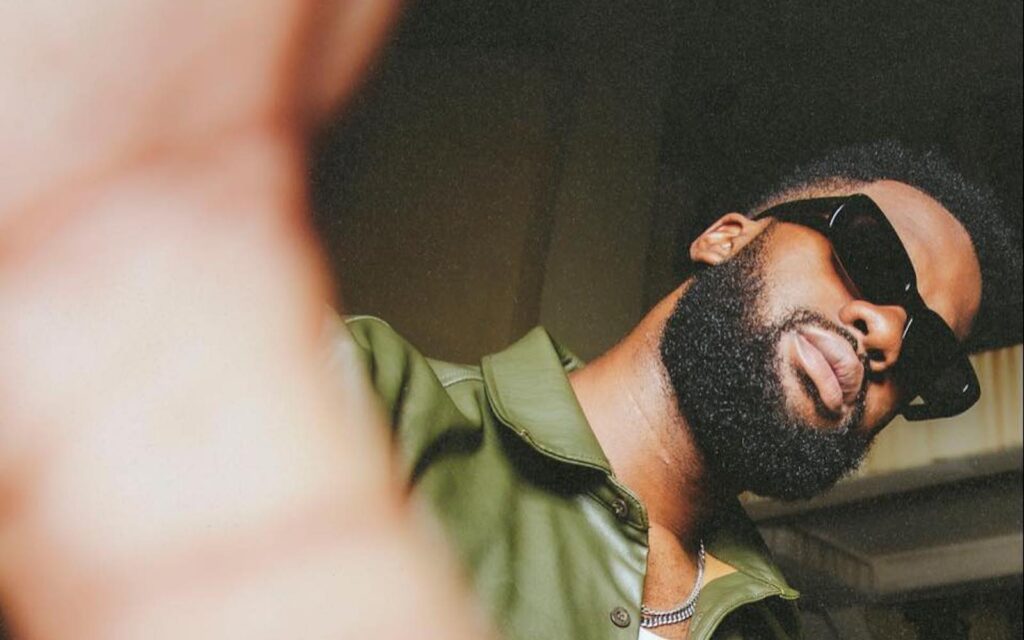Gender equality in the Australian music industry, as the Skipping A Beat Report detailed, is a woeful area of shame against which female and non-binary musicians and industry members have been rallying for decades.
Unfortunately, but unsurprisingly, this is not a fresh issue. One remembers Camp Cope’s power move against sexist festival bookings while literally playing an early-afternoon set.
I want to focus on reparation. Or, more specifically, how can we make sure this doesn’t happen again?
Firstly, employ diversity officers. Festivals have a responsibility – and usually a mission statement – to represent those they are meaning to cater to, which usually requires a vast diversity of gender, race, sexuality and ability. Creating space for a diversity officer on the management team for a festival is the first step to ensuring male and predominantly white-centric lineups are a thing of the past. Quotas and tokenism are obvious qualms that many people have with this sort of resolution; aside from the various studies reporting the positive effects of carving out space for minorities in positions of influence and power, representation alone is an incentive for instating diversity officers. If you can see it, you can be it.
Second, make noise. Consumers, artists, fellow festival organisers – take to social media and spread the message that this is happening. Aside from Rolling Blackout Coastal Fever’s heartfelt message in regard to playing festivals that make little effort to ensure diverse lineups, I’m yet to see any of the male artists I follow address this issue. It’s grating, frustrating, and mind-numbingly predictable to watch women and non-binary artists carry the baton when it comes to issues pertaining to equality in the industry. Furthermore: punters, don’t buy a ticket. Organisers, be transparent, take notes and make amends immediately. Artists, address the issue openly and without fear of being blacklisted – share to your own platforms and let your followers know what’s going on.
Lastly, support the festivals that are doing it right. Just because a majority of mainstream festivals aren’t pulling their weight, that doesn’t mean that all of them are. Some local and underground festivals are ensuring their lineups are as rich and colourful as the landscapes in which these utopic concerts reside. Queenscliff Music Festival 2018 hits the sweet spot with a 53% non-male lineup headed by Ali Barter, Courtney Barnett, and Kasey Chambers. Additionally, Yours and Owls boasts a 48% non-male lineup headed by Angus and Julia Stone, The Jungle Giants, and Middle Kids. You don’t have to miss out on the big names and the killer experiences – just do the research and reprioritise your spending.
Realistically, as with any issue pertaining to equality in the arts, this stems from a cultural mindset and won’t be fixed by a three-point list of possible programs for security of equal opportunity. Funds must be allocated to research, time must be allocated to the execution, and respect from artists and industry executives must recognise the importance of equality in the industry. This conversation has been milling about in the back of industry meetings and bandrooms, almost exclusive to the women and non-men who apply their time and attention to the issue; now, this issue is in the limelight.
Let’s make the most of the news cycle and capitalise on the coverage as quickly and effectively as we can.
